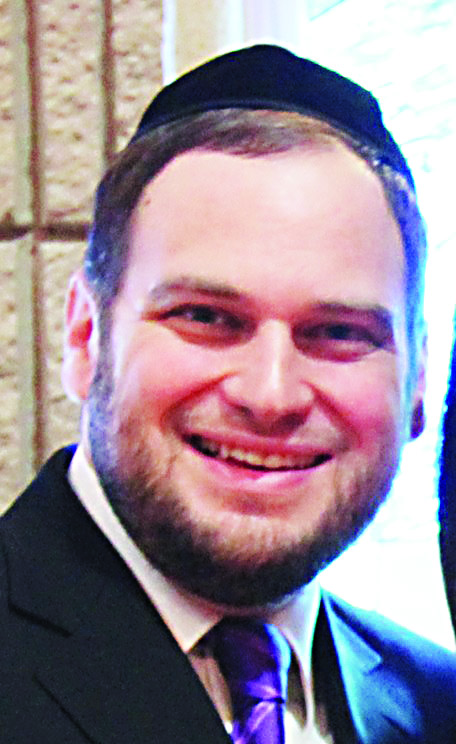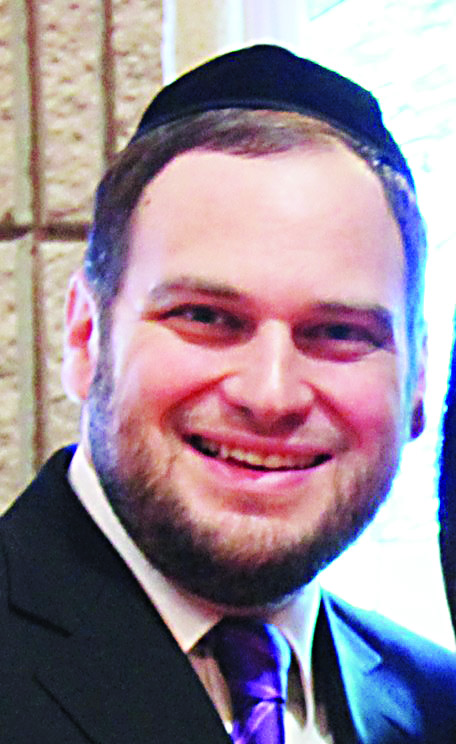If only real life was as simple as the child’s game of “hot and cold”! When searching for an item, the child is prompted when they are close to finding the object or become more distant from it. There is a sense of confidence that is instilled within the searcher each time they are told that they are “getting warmer.”
In reality, when a person loses something that is meaningful to them, they search extensively in order to find the item. Naturally, the more time that goes by and the longer the search takes place, the more winded an d downtrodden the individual searching becomes. At first there was a sense of confidence that they would be able to find the lost item, but the more difficult the effort becomes, the more convinced a person is that they will not be successful. The only time the searching person becomes happy is when they achieve their goal and find what they are looking for.
d downtrodden the individual searching becomes. At first there was a sense of confidence that they would be able to find the lost item, but the more difficult the effort becomes, the more convinced a person is that they will not be successful. The only time the searching person becomes happy is when they achieve their goal and find what they are looking for.
We are mandated to read the parsha of Ki Tavo before Rosh Hashanah. The reason we are told this is because of the curses contained within it. Upon hearing the curses that can potentially come upon us as a nation for not following the Torah appropriately, one becomes solemn and reflective. The parsha therefore creates an appropriate environment in which we are encouraged to repent during this auspicious time of the year. One of the most striking elements of the tochacha is when the Torah reveals that the curses will come upon us for failing to worship Hashem with joy. Rav Simcha Bunim of Peshischa, zt”l, explains that as opposed to an ordinary person searching for a lost object, a person who seeks Hashem finds happiness during their search and not simply at its conclusion. Searching for Hashem in our lives is a lifelong odyssey where feeling Hashem’s presence in our lives at times gives us a sense of encouragement and happiness.
A number of years ago, I read an article about a woman who decided that she would not take any pictures on her vacation because she felt that the stress of taking the “perfect” picture took her away from living in the moment and enjoying her special time with family. We live in a generation that has become all about the final results. The Torah is telling us that true simcha is not always the act of finding the object one is searching for, but the search itself. The search to find Hashem brings joy during the process of the search itself. This month of Elul is a time when we search for Hashem in our lives on a regular basis. We beseech Hashem to bring us closer to Him so that we can connect in an easier way than usual. The tools that we use to search for Hashem are the mitzvot that He gives us to cherish and observe. The act of searching itself gives us a sense of joy, knowing that our desire to become close to Hashem will prompt Hashem to return us closer to Him, engulfing us with his abundant brachot for the coming year.
By Rabbi Eliezer Zwickler











